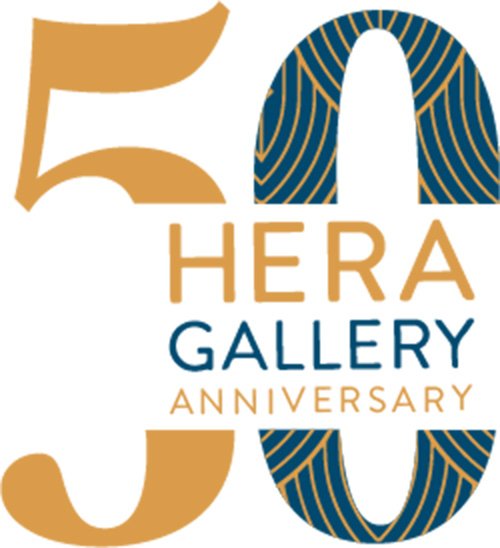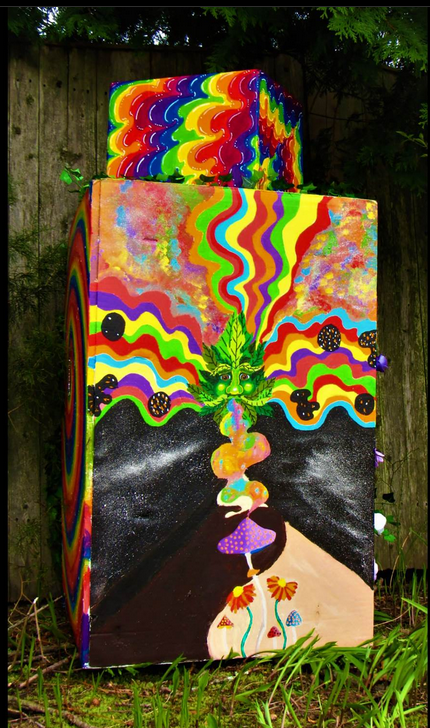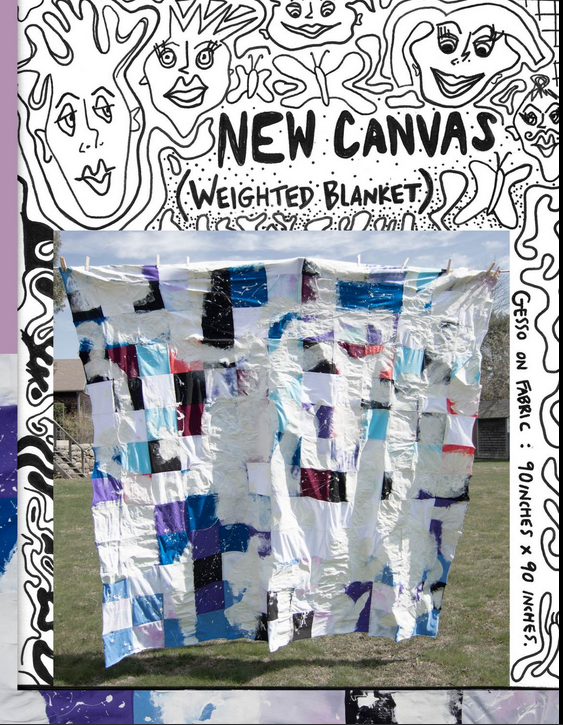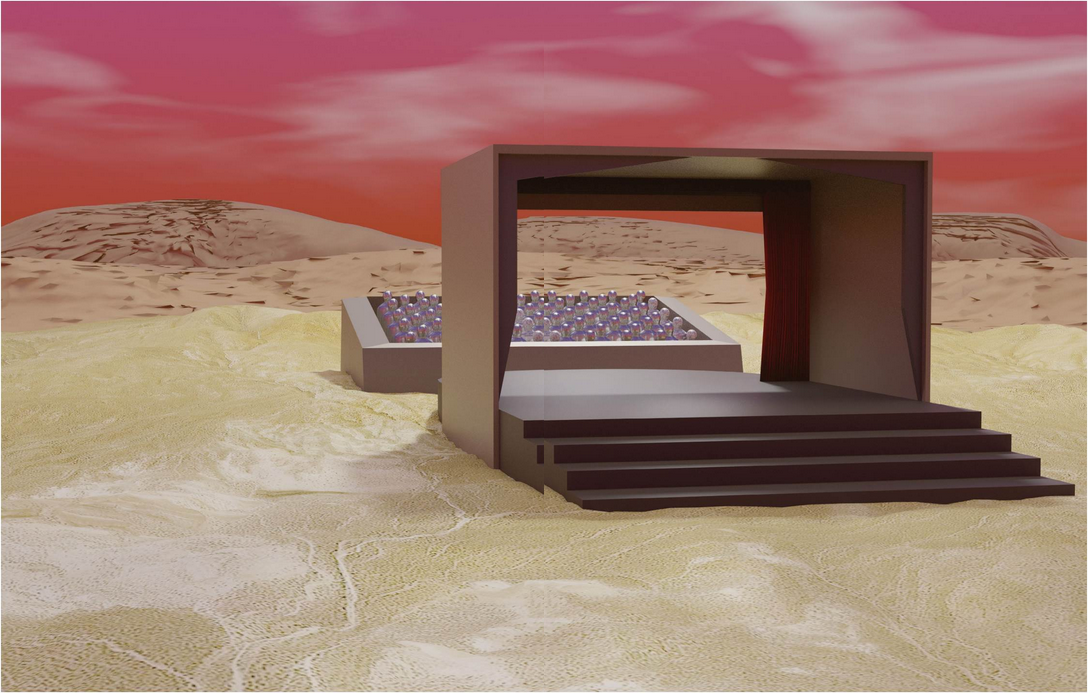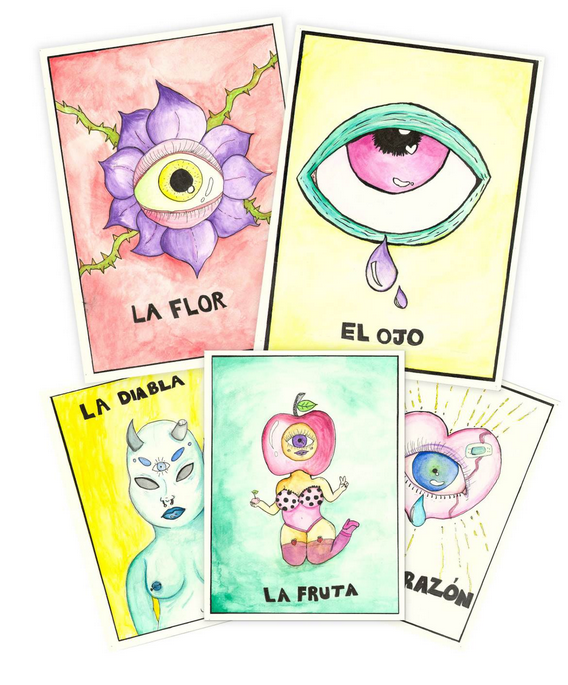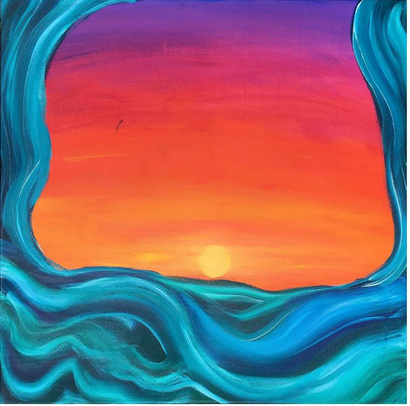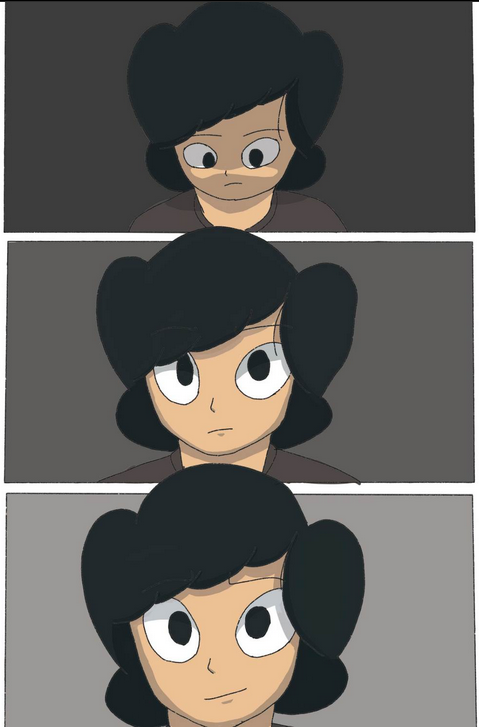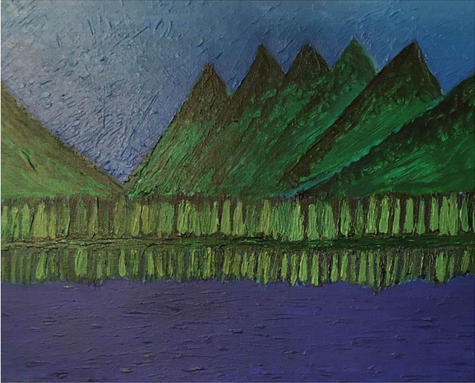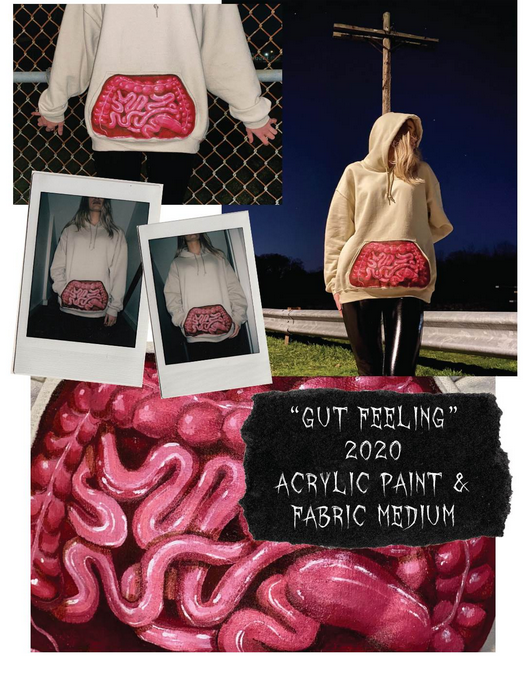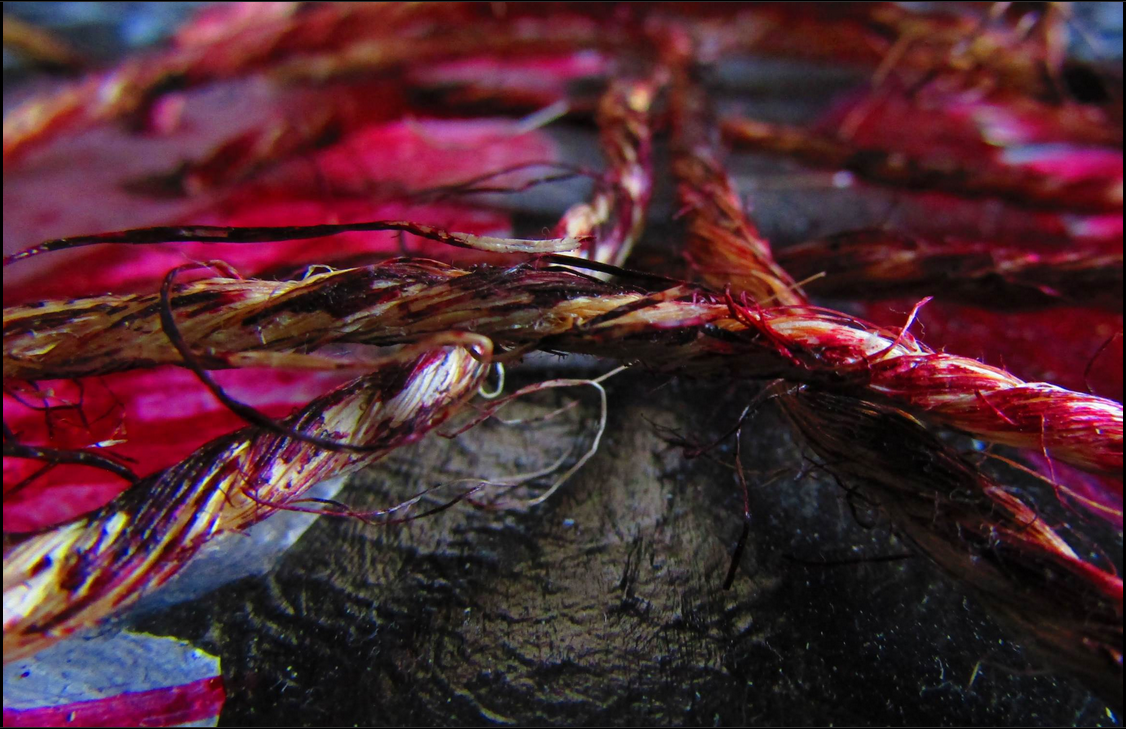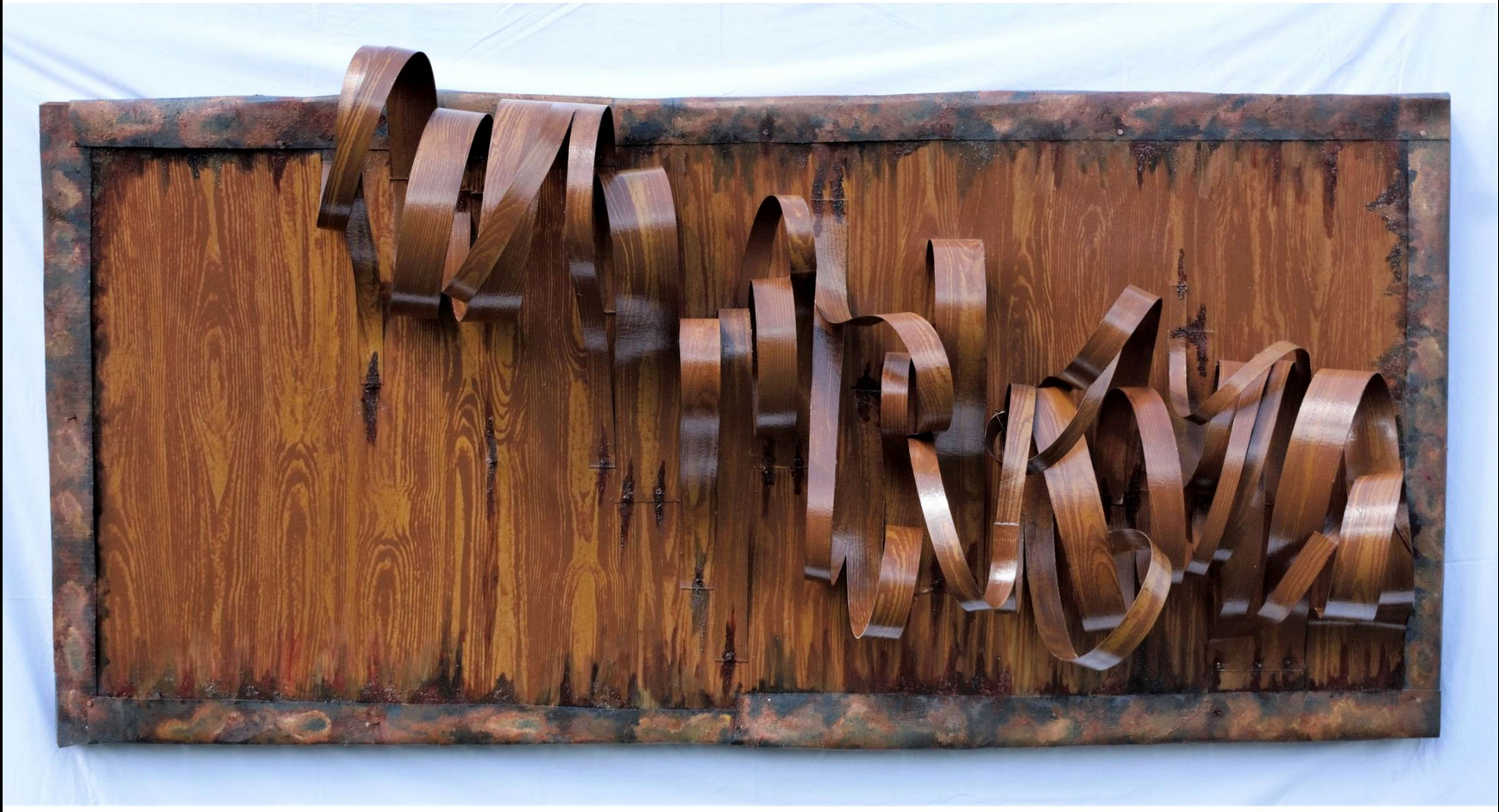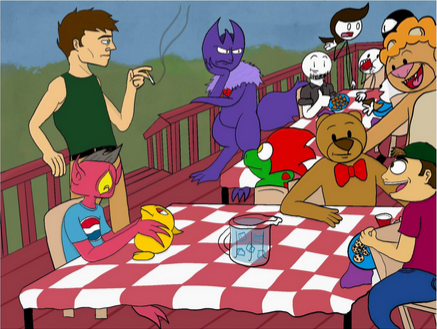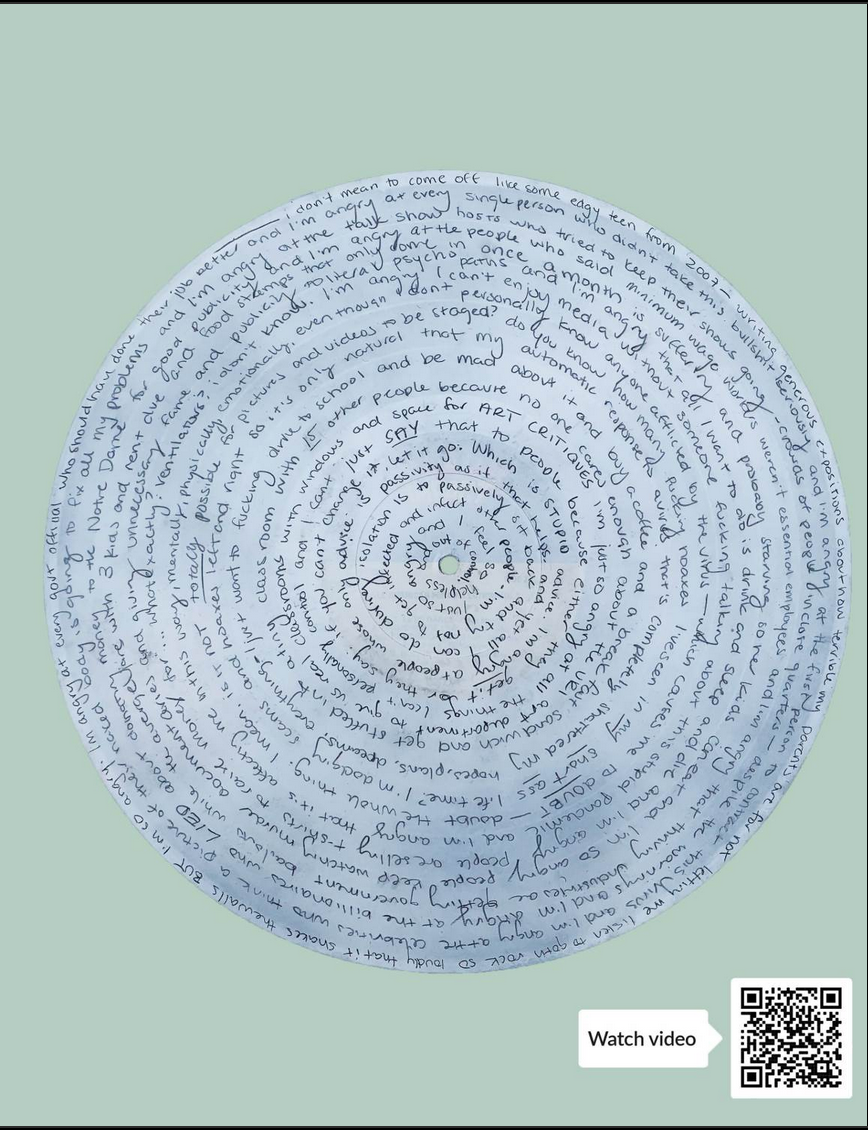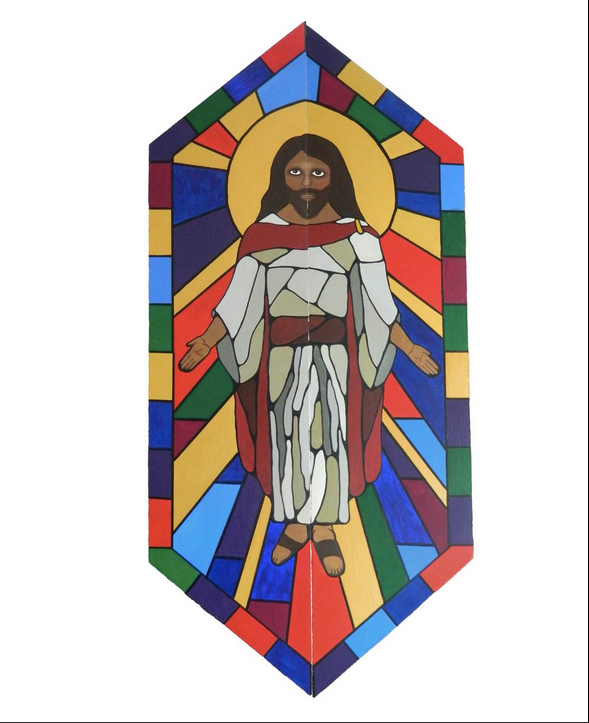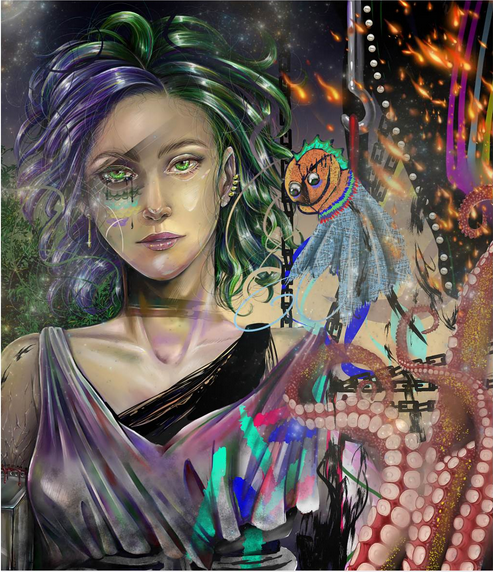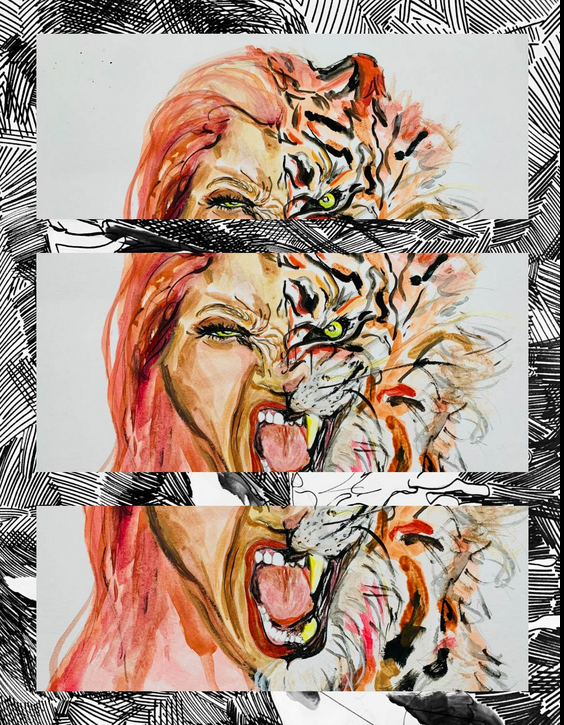University of Rhode Island Senior Seminar Exhibition Catalogue:
IN PROGRESS, SPRING 2020
Purchase a Catalogue
It would be nearly impossible to define the spring 2020 semester in the Department of Art and Art History at the University of Rhode Island, without the word Pandemic. The reality of this moment will forever remain marked by the novel coronavirus known as COVID-19, and the indelible effects it had on our current conditions. Mid-semester, the students were sent home. Their projects, mid-completion, were locked away in the studios of the Fine Arts Center. Professors opened their laptops to screens dotted with tiny video boxes, each containing moving images of their beloved students. Suddenly, the tactile, material nature of studio art was forced through a digital filter; communications between young artists and mentors, friends, and peers, were glazed over by the glitches of internet video conversations. The soul of studio art courses is the social engagement and learning through critique, now conducted online with shared folders, files, and shared screens. The tasks for the Senior Seminar class were certainly altered. With the physical exhibition at Hera Gallery canceled, our class re-imagined the possibility of showcasing their work through catalogue. As it was. As it is. In progress…
It is an honor and privilege to present the hard work and dedication these individual students brought to their home studios during this strange time. While it is hard to shake the buzz words this world event created, I can say with certainty that the results of this process for these students can be seen and felt on the following pages. The adverse circumstances provided an opportunity to shape and define what a studio practice might look like post-graduation, and strengthen our skills in building an arts community, regardless of physical restrictions. This exhibition catalogue becomes an illustrated guide for what might come in the future for these incredible artists, and exemplifies what this moment has revealed: the necessity for art.
-Kevin Gilmore, MFA
Faculty, University of Rhode Island Department of Art and Art History
